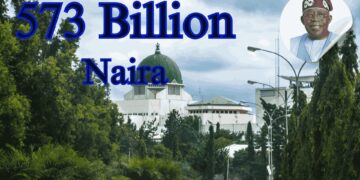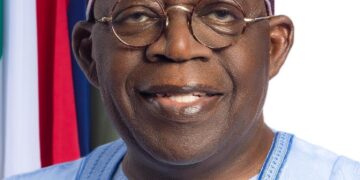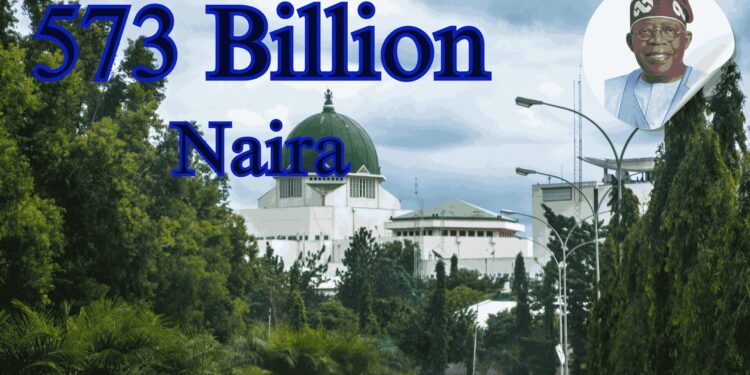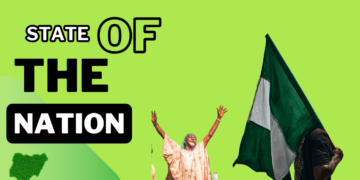Recent claims by President Bola Tinubu about the release of over N573 billion to Nigeria’s 36 states to support livelihoods have sparked a significant controversy. During a national address, President Tinubu suggested that this funding was part of measures to alleviate economic hardship and quell the growing dissatisfaction manifesting in the ‘EndBadGovernance’ protests. However, this assertion has been strongly refuted by several sources, including Governors Sule Lamido of Nasarawa State and Seyi Makinde of Oyo State.
Disputed Claims
Governor Sule confirmed in an interview with Channels Television that the N573 billion was not a grant from the Federal Government but rather a loan from the World Bank, designated for infrastructural projects and COVID-19 relief efforts. He emphasized that the funds were part of a pre-existing initiative, the NG-CARES project, which aimed to support states in their COVID-19 recovery efforts by reimbursing them for expenses already incurred.
Governor Makinde echoed these sentiments, stating that the funds were never intended as direct palliative support to cushion economic hardships. Instead, they were allocated for specific projects under the NG-CARES initiative, including inputs distribution to smallholder farmers and infrastructural developments. He criticized the President’s representation of the loan as a federal palliative grant, labeling it as a misrepresentation of facts .
Details of the NG-CARES Project
The NG-CARES project, facilitated by the World Bank, was designed to help Nigerian states recover from the economic impacts of COVID-19. According to Makinde, the project required states to spend their own money upfront on various initiatives, which the World Bank would then reimburse upon verification. This process ensured that the funds were used appropriately and for the intended purposes. The funding received by states was therefore contingent on their prior expenditures on COVID-19-related programs.
For instance, Nasarawa State used part of its funds for constructing rural roads, installing boreholes and solar power in communities, and implementing cash transfer programs to alleviate poverty. Similarly, Oyo State received reimbursements for investments in agricultural inputs and other COVID-19 recovery projects.
Public Reaction and Analysis
Dr. Amadi, discussing this issue on Arise News, highlighted the potential for public mistrust stemming from such discrepancies. He argued that presenting a World Bank loan as a federal palliative grant could undermine the government’s credibility during critical times. This miscommunication, according to Dr. Amadi, could further fuel public dissatisfaction and distrust in the government’s ability to address the nation’s economic challenges effectively.
The controversy surrounding the N573 billion palliative support underscores the importance of clear and accurate communication from government officials. As Nigeria continues to navigate its economic challenges, transparency and accountability will be crucial in rebuilding public trust and ensuring effective governance. The refutation by Governors Sule and Makinde, alongside the analysis by Dr. Amadi, serves as a reminder of the need for factual representation of government initiatives and their impacts on citizens.


















































